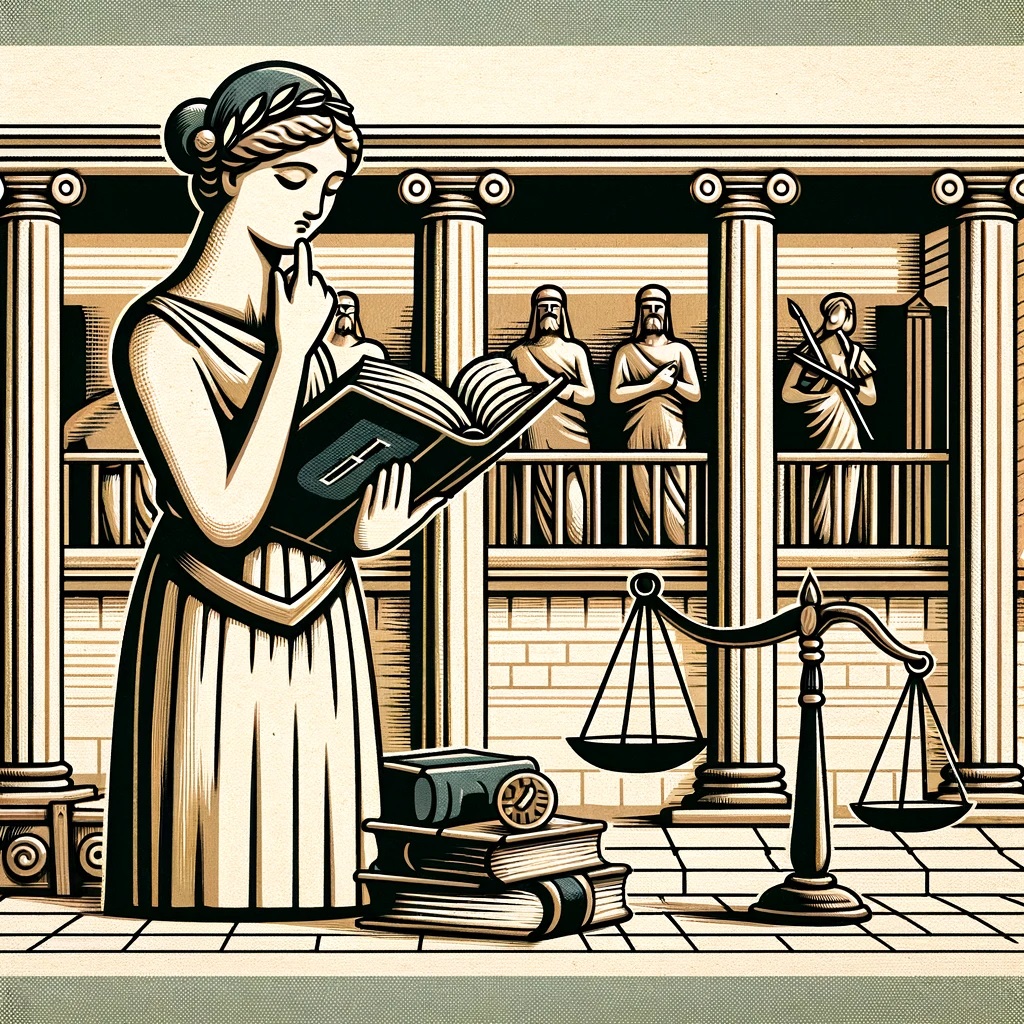“Crime” is interesting here. It is a nominalisation. When you picture crime in your mind, you’re probably picturing people doing things—picking pockets, hacking computers, selling strange things in dark alleys…
We haven’t highlighted it as a core nominalisation for this exercise because… well… it’s such an old nominalisation that we’d have to go back to ancient Latin to get the verb it comes from: cernere (to judge) → crimen (judgment) (from Oxford Languages).

Like we said at the top of the page, humans have been nominalising words for a looooooooooooooong time.

